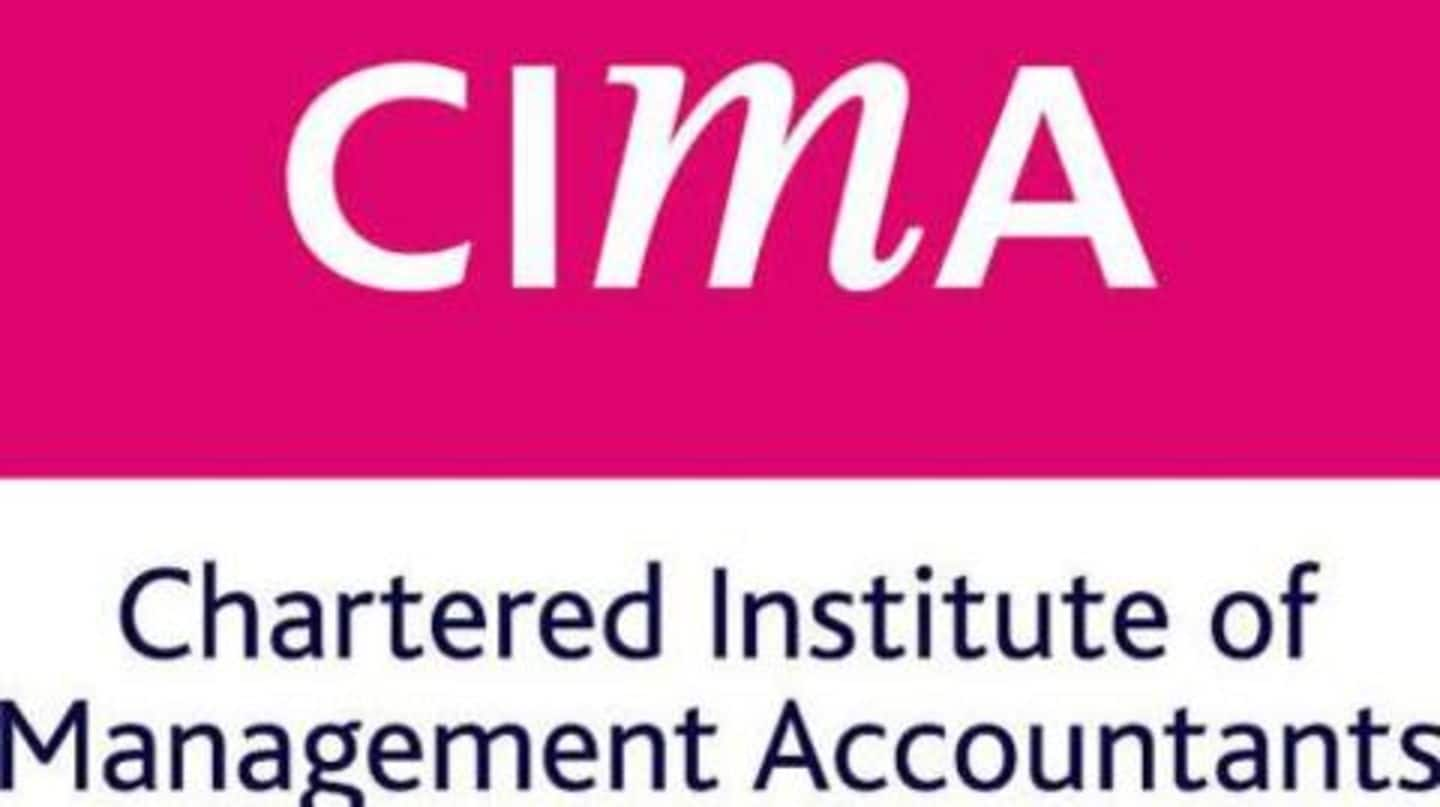
#CareerBytes: Why should you do CIMA after Chartered Accountancy?
What's the story
Chartered Accountancy (CA) is one of the most sought-after and toughest professional courses. While it is a rewarding career option, many candidates go for additional qualifications after completing the CA program in order to have an edge over others. CIMA, a globally-renowned professional certification in finance, is a popular option to go for after doing CA. Here's why you should pursue CIMA after CA.
About
A little about the CIMA course
CIMA, which is a management accountancy qualification, is offered by the Chartered Institute of Management Accountants (CIMA) based in the UK. CIMA has branches in over 180 countries. Like Chartered Accountancy, the CIMA course also has three levels: Operational level, Management level, and Strategic level. It is one of the most coveted professional qualifications in the world.
#1
The CIMA course helps in learning about strategic management
After CA, CIMA is a good option to go for because it goes beyond accounting and teaches strategic management and related subjects. It is great for CA candidates who are interested in finance-related career opportunities at global-level companies. The course, which covers risk and control strategy, decision management, business strategy, etc., helps students learn new tools and techniques and develop a strategic thinking pattern.
#2
One can gain global-level knowledge of finance domain
CIMA, the management accountancy qualification, will help diversify the profile of a candidate and also add more value to it. The course curriculum provides global-level knowledge of the finance domain to students. Candidates can gain management level skills and decision-making knowledge and develop team management qualities that can complement the knowledge one has gained through the CA program.
#3
With CIMA qualification, candidates can play bigger roles in finance
Though CA is one of the most desired qualifications, nowadays, recruiters are seeking to hire finance professionals with an all-round knowledge of the field. CIMA will allow CA candidates go beyond accounts, audit, or law and develop a broader business perspective as it is a blend of technical expertise and strategic thinking. This will eventually help them play bigger roles in the finance domain.
#4
CA professionals can get a number of exemptions in CIMA
Another reason to pursue CIMA after CA is that one can get several exemptions in CIMA exams. They are entitled to exemptions in 12 of 17 exams of the certifications. Also, since the curriculums of CA and CIMA also overlap with each other, pursuing CIMA would be considerably easy after CA. Also, CIMA can be completed within 2-3 years even while doing a job.